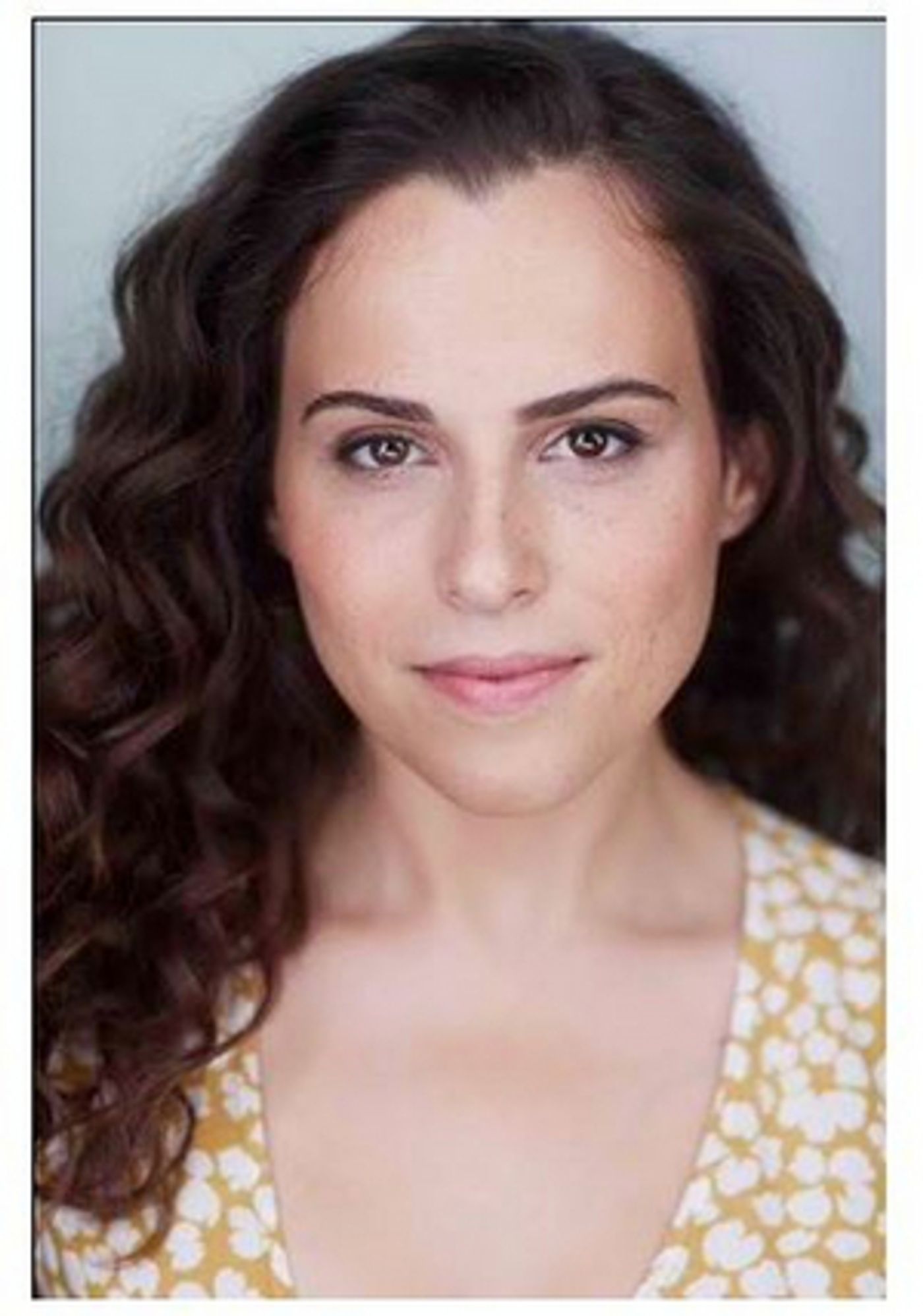Review: DERANGED LOVERS IN AN ENIGMATIC WORLD at Compass Rose Theatre
Compass Rose Virtually Presents Chekhov’s The Bear and The Marriage Proposal



A year ago, as a frequent contributor to this page, I'd been wanting to review something from Annapolis' Compass Rose Theatre, which has been dishing up some very professional theater not far away from Baltimore, nearly unbeknownst to Baltimore audiences. But the pandemic put almost all performing arts to sleep for awhile, and I laid down my pen (well, okay, my word processing software) and followed other pursuits. Now that theater generally is beginning to rouse itself, it feels like time for me to do likewise. I thought, to start off, I'd dust off that Compass Rose resolution by enjoying a treat the company is offering this weekend only, namely two short comedies in a Zoom-staged reading: The Bear and The Marriage Proposal, performed by Artistic Associates in the company.
From a tech standpoint, the performance is a little basic this late in the pandemic game. No teleprompters, it seemed, so the performers weren't looking at the camera when they were consulting their scripts, which definitely cut down on the immediacy of the experience. And the few title cards seemed a bit out of sequence with the action. But at this point, with a return to in-person performances not so far off, the niceties of what for most thespians will prove merely an interim technology may not be so important to master. From an acting-and-direction standpoint, these two little gems sparkled anyway.
The plots and themes of the two shows are somewhat similar. In each, two members of the Russian landed country gentry in the 1880s, portrayed by Anna DiBlasio and Joe Mucciolo, are being led by circumstances toward falling in love and marrying, but threatening to veer off-course badly because of various sorts of voluble folly. In The Bear, Helena has made a fetish of mourning a deceased husband who, according to her own account, was an abysmal spouse deserving no mourning, while Smirnov is so intent upon collecting a debt Helena's husband ran up he is blind to almost all else and so consumed by baseless misogynistic attitudes that the two are about to fight a duel before Cupid establishes control. Likewise, the titular The Marriage Proposal just about doesn't get proposed because the couple, there called Natalya and Ivan, are so irrationally quarrelsome.
There are academic industries devoted to parsing whether Chekhov's oeuvre embodies a serious critique of the rural land-owning class who were, as a historical matter, singularly inept at leveraging their dwindling ecological niche into long-term survival. We know, although Chekhov could only have guessed this in the 1880s, that the Bolsheviks were coming for all of them. Chekhov may have been more disgusted than amused by the shallowness and obstinacy of this class, which was about to reap the whirlwind, more preoccupied with pleasures and pet crotchets than with doing right by the peasantry or living meaningful lives.
And yet it's hard to witness these deeply flawed but hardly contemptible pairs of lovers without feeling some kind of sympathy for them, the more so because they are portrayed in this instance by two particularly magnetic performers. DiBlasio is surpassingly good at inhabiting the soul of winsome but headstrong young women, and Mucciolo bears a resemblance greater than skin-deep to Adam Driver, conveying unpredictable anger and passion in ways similar to Driver's. We are certainly rooting for these couples to get together. Director and performer James Bunzli's two older characters, a servant in The Bear and the heroine's father in The Marriage Proposal, are more stock types who enter and reenter the stories at need and help move things along. In a strange way, these become more challenging for the audience and perhaps for the performer; who are they, and what does their function in the story tell us about the world they inhabit? The servant seems to have no lines suggestive of any frictions in the class divisions that we know were about to explode. Was he one of the serfs liberated less than two decades earlier, and if so, what would that have meant for his relationship with his master? The father in The Marriage Proposal raises the question of how parental consent really worked, legally and practically. Bunzli of course can do no more than repeat the lines Chekhov has given him. We can infer from the overuse of a stock expression that the father is a bit of an airhead, but he's also the one who keeps the romance from going off the rails completely. Bunzli makes what's possible to make out of these surprisingly enigmatic characters.
So while the course of true love does not run smooth when pursued by these slightly deranged lovers, it does in the end run true. All in all, then, this is a pleasing way for theatergoers to begin emerging from hibernation.
Theatergoers who want to avail themselves of this experience should move quickly, as there is one remaining performance Saturday night and one Sunday afternoon. Though contributions are gratefully accepted, there is no charge: one simply logs onto a Zoom call. It's a good and safe way to start restarting one's theater life. And when in-person performances resume, Baltimore theatergoers should take make it their business to find out more of what the Compass Rose folks are up to.
The Bear and The Marriage Proposal by Anton Chekhov, directed by James Bunzli, from Compass Rose Theater, presented April 24 at 7:00 p.m. and April 25 at 2:00 p.m., over Zoom only. No admission charge. Link:
https://zoom.us/j/94052062243?pwd=U09CVVl4Vi9zT2RFYjA0V2N1ZDUydz09.
Photo credit: Compass Rose Theater.
Reader Reviews
Videos

